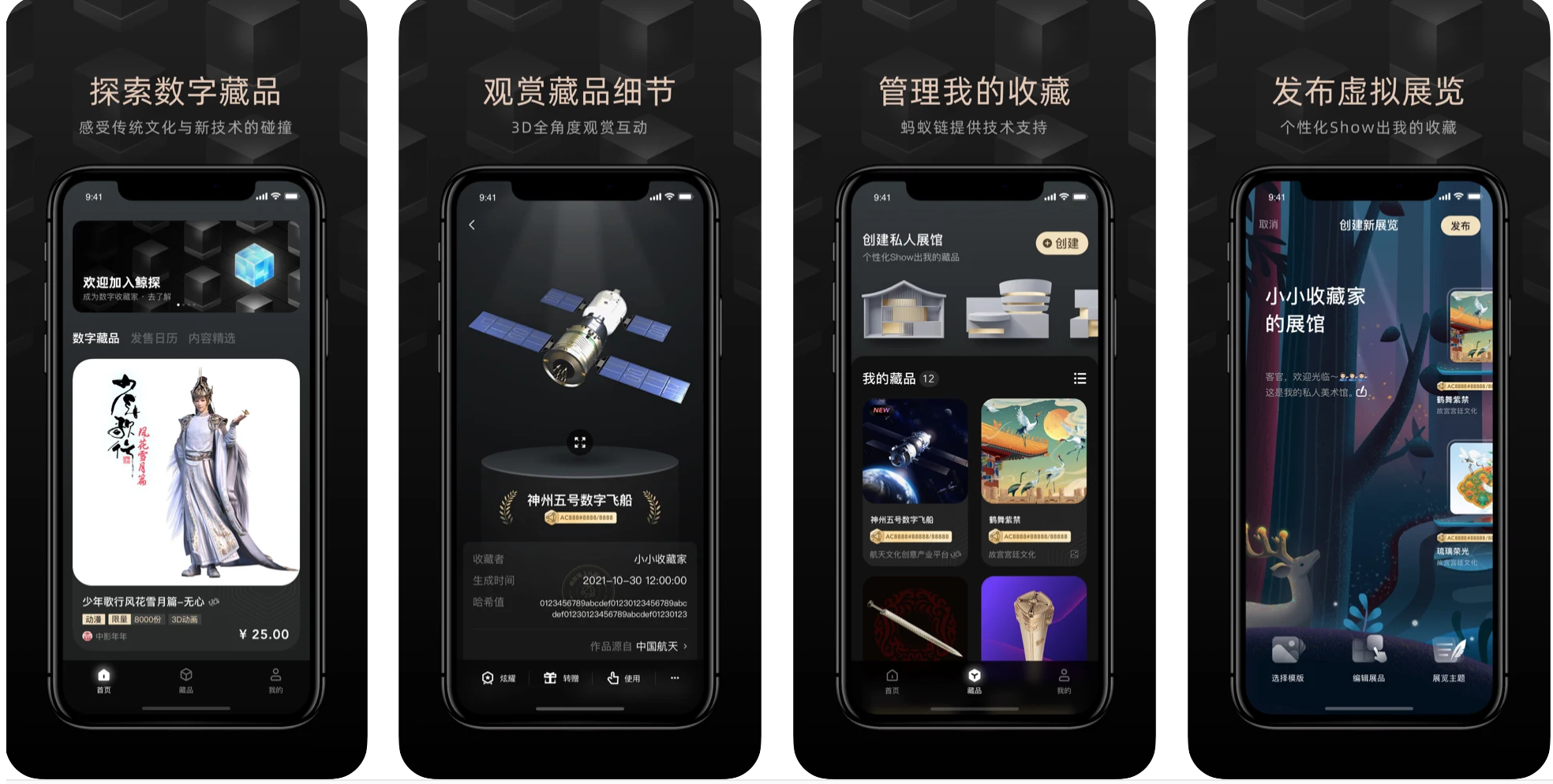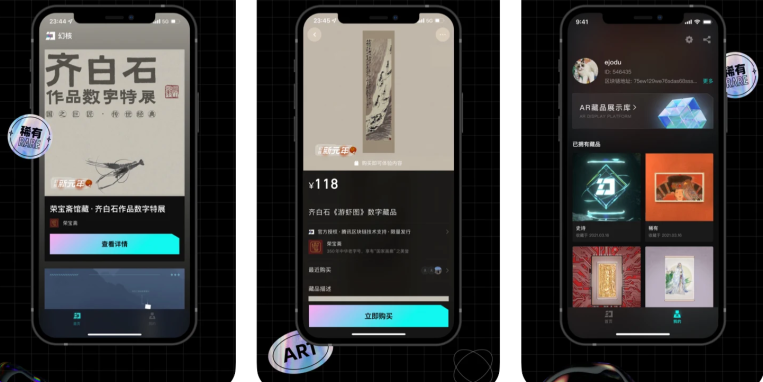In mid-April, a group of industry associations in China issued a warning against the potential financial risks of non-fungible tokens, digital assets that represent real-world objects or intangible goods like a song. NFTs must not be traded with cryptocurrencies, said the country’s banking, internet finance and securities associations, and they must not be used to create securitized products.
Though the industry associations don’t have regulatory power, they still exert an influence on and are taken seriously by policymakers. Many in the crypto industry see the pronouncement as a death knell for NFTs’ development in China. Curiously, though, China’s tech giants are showing a growing interest — or some would say, FOMO — in the space.
Because crypto trading is banned in China, NFTs exist in a constrained way in the country. Rather than NFTs, tech companies call them “digital collectibles” to distance their initiatives from the financial and speculative nature of many NFTs, stressing the use case’s function in proving ownership and authenticity. As such, many of the objects being minted in China are artworks like an ancient Chinese Buddhist statue or an object conveying historic or cultural significance, like a famous Chinese spaceship.
As the financial associations said in the statement, the value of NFTs lies in their potential to promote the growth of the creative and cultural industry.
Unlike NFTs that are minted on Ethereum or other public chains and traded with crypto on open marketplaces, digital collectibles issued in China are minted on permissioned blockchains managed by local tech giants and often sold on these companies’ own channels. Users would first have to verify their real identities on these platforms before buying the collectibles using China’s fiat currency yuan and are prohibited from reselling the works on secondary markets.
Regulations mean that digital collectibles in China are separate from the global NFT market and are extremely illiquid. Some of the platforms let owners give away their assets, but only for free and after a few months of the purchase.
Still, Chinese tech giants have rushed to release digital collectibles and some have even ventured beyond the border to sell NFTs overseas. Below we have summarized some of the major players in the space to date:

Screenshots of the Whaletalk app
Screenshots of the Whaletalk app
Some Chinese tech giants have taken their NFT ambitions overseas — or at least are indicating a strong interest.
Design brief: make something that says “we’re hip and trendy, but understand how you feel”
Designer: pic.twitter.com/zut2KbQHVu
— Huawei (@Huawei) May 2, 2022


